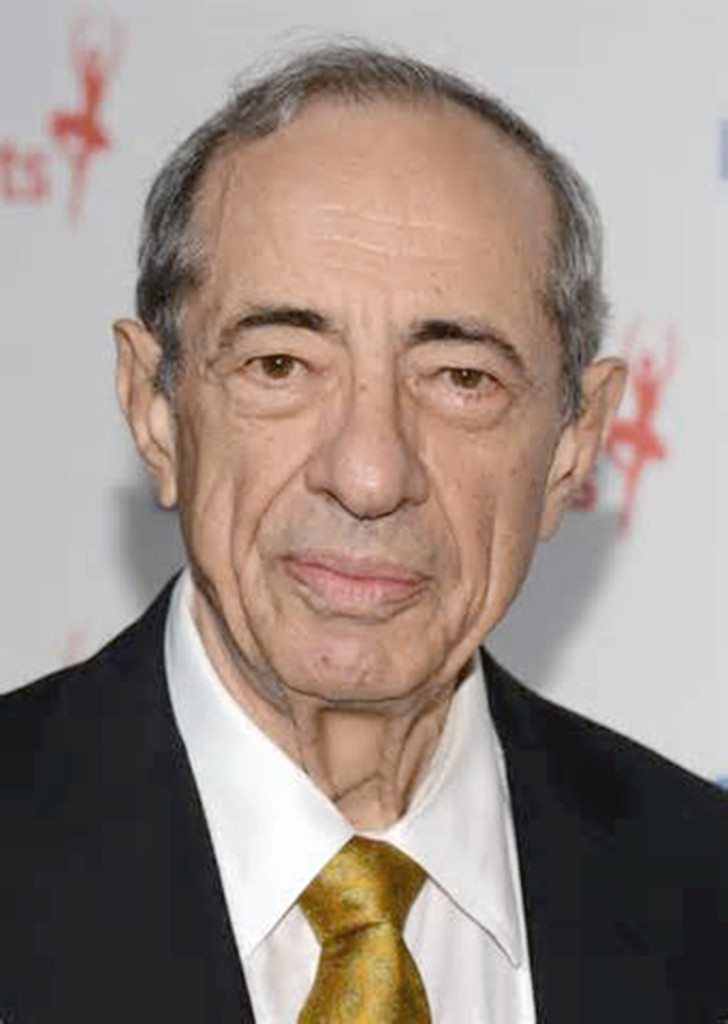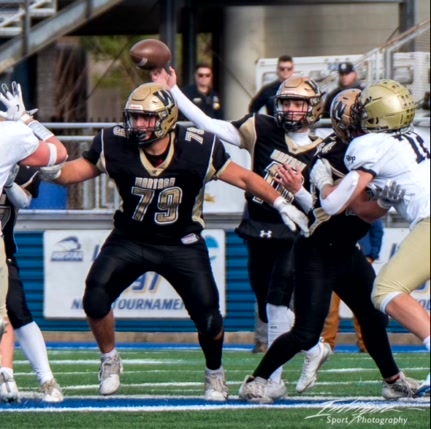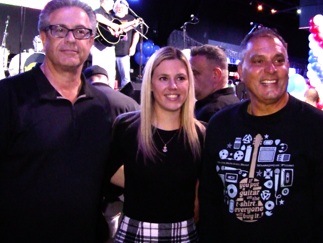With the passing of former Governor Mario Cuomo, an era in New York politics has come to an end. 
Along with his former rival and sometime ally Ed Koch, Cuomo defined New York politics throughout the 1980s. His relationship with Long Island voters was hot and cold. Cuomo’s was the classic New York story: The son of a grocery store proprietor in Ozone Park, Cuomo, as with any New York boy of his generation, grew up idolizing Joe DiMaggio to the point where he starred in baseball at St. John’s University and even played minor league baseball in the Pittsburgh Pirates farm system.
Back in the professional world, Cuomo was a lawyer who came into prominence in the early 1970s for mediating the outcome of a highly controversial public housing project in Forest Hills, Queens. For his troubles, Cuomo became a favorite of both then-Mayor John Lindsay and a future governor, Hugh Carey. After being elected governor in 1982, Cuomo burst onto the national scene with his famous “Family of America” keynote speech at the 1984 Democratic Party National Convention. Cuomo was immediately hailed as presidential timber, but the expected run never came. According to intimates, Cuomo was a New York homebody, a man who enjoyed being governor of his home state with no desire for higher office. In his final public appearances, Cuomo often talked of the plight of New York’s middle class.
After winning three gubernatorial elections, Cuomo was defeated in 1994 by George Pataki, running poorly in Nassau and Suffolk Counties and in a number of neighborhoods in the outer boroughs. We’ve suspected that whenever Cuomo gave advice to his son, Andrew, our current governor, fidelity to the middle-class was at the top of the list. And so, the younger Cuomo made a cap on property tax increases the centerpiece of his economic program. Whether such a policy is enough to stem the exodus of young people from Long Island is another story, but the elder Cuomo, we believe, made sure that his son did not forget the concerns of suburban voters.
—Joe Scotchie






























